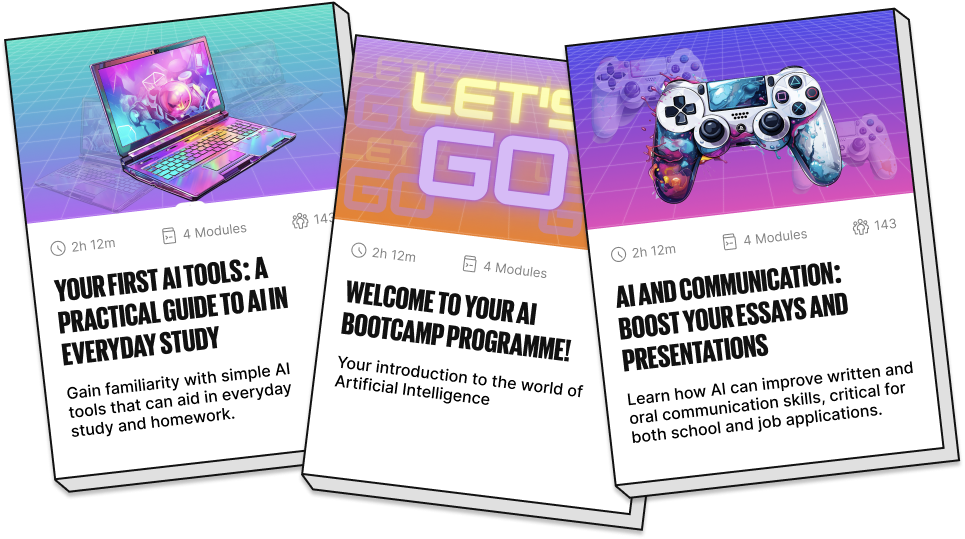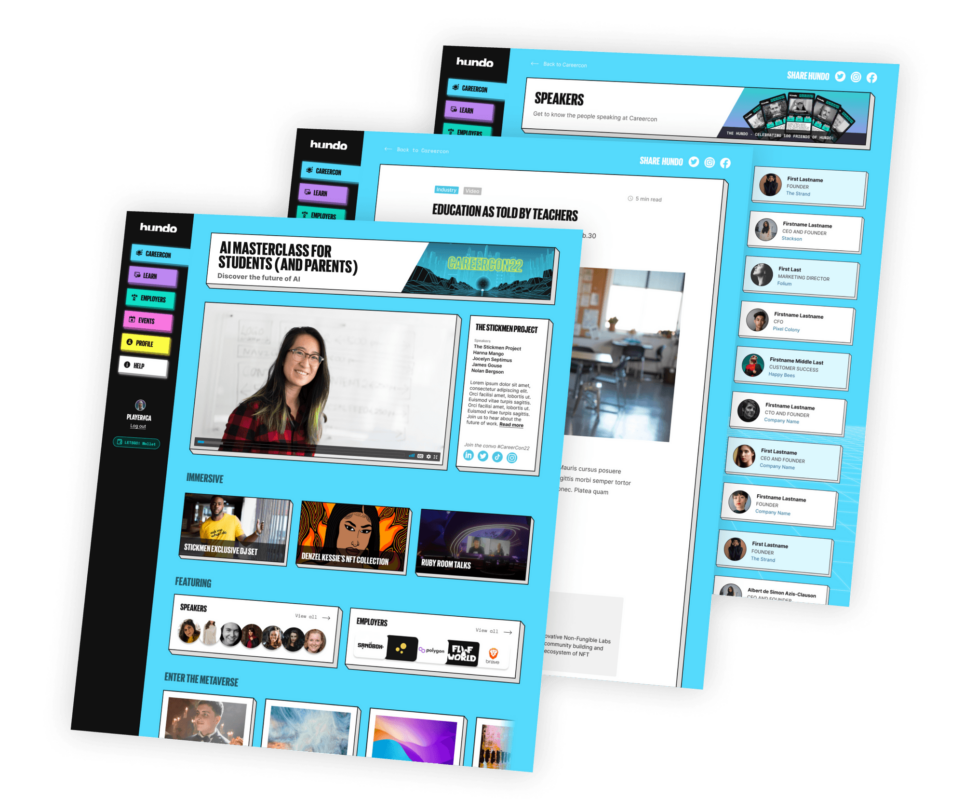AI and the Future of Education…a growing crisis!

The rapid advancement of Artificial Intelligence (AI) is reshaping various industries, and the field of education is no exception.
In the ever-evolving landscape of learning, AI holds the potential to revolutionise educational experiences, providing adaptive tools to enhance learning, prepare students for the future of work, and equip them with essential skills to join the workforce.
AI in Education: Revolutionising Learning
AI in education is not merely a buzzword; it’s a powerful tool that can improve grades and boost students’ confidence in and out of the classroom.
Platforms that can identify a struggling student, platforms that can adapt content to match a student’s pace, and platforms that can offer career insights based on a student’s skills and interests. The possibilities really are endless with AI at our fingertips.
Traditional Education vs. AI-Powered Education
The clock is ticking for traditional education systems. Given the time it takes to update academic curricula, schools and colleges often struggle to keep up with the rapid technological advancements.

Consequently, students are under-prepared for the increasingly technological future of work. We all share the desire to equip young people with the best tools and skills for the challenges that lie ahead in their education and future careers.
AI provides the adaptive tools needed to enhance learning experiences, support struggling students, and foster skills that are already essential in various industries, from Finance to Farming.
AI & The Future of Work: Adapting for Success
AI is often associated with robots and wacky gadgets. A tad unfair? AI is fundamentally about creating tools that adapt, understand, and enhance individual learning experiences, ultimately boosting workplace productivity not dumbing it down.
In fact, AI’s impact on the future of work is profound:
- Enhanced Efficiency: AI streamlines tasks, making processes faster and more efficient. In today’s fast-paced world, efficiency is a critical factor for workplace productivity.
- Global Relevance: Embracing AI prepares young people for a future where AI-driven technologies are increasingly prevalent, ensuring they remain competitive in the job market on a global scale.
- Innovation and Problem-Solving: AI fosters innovation by enabling creative problem-solving and offering new solutions to complex challenges. It empowers young minds to shape the future of work.
A looming skills crisis?
Considering that “20% of the Labour Market will be significantly underskilled for their jobs by 2030.” (Industrial Strategy Council – Skills Mismatch 2030) the need for AI in education is becoming crushingly obvious.
In this context, AI in education becomes not just a choice but a necessity. It provides students with the skills, adaptability, and confidence they need to succeed in an increasingly AI-driven job market.
What can we do to help young people?
The rapidly evolving education landscape holds the potential to revolutionise learning experiences with AI. That’s why we’re excited to be launching our exciting Kickstarter campaign, ‘AI Lessons for Students (& Parents).’ We’d love your support!

Our AI for Students (& Parents)- 17 Essential AI Lessons’ course is a unique opportunity for students to supercharge their studies and prepare for the future of work. It includes 14 lessons on how to use AI platforms for education and 3 career-readiness lessons and is perfect for learners from beginner to advanced levels.
By choosing to back this campaign you are not just buying a course, but a dynamic learning experience that will help the participant, build essential skills, grow in confidence, stand out in job applications, and prepare for the increasingly technological future of work.
Read more about our campaign, and support a young person in their AI learning journey today.
Make sure you sign up for our Kickstarter campaign to get notified when we go live!











Responses